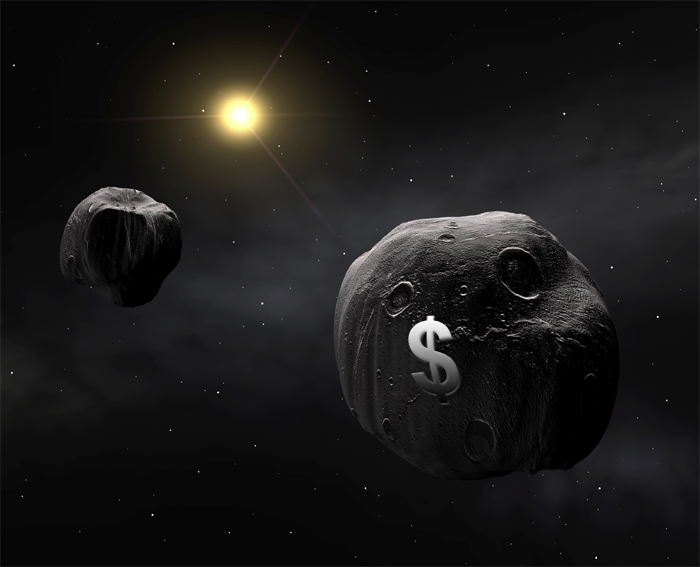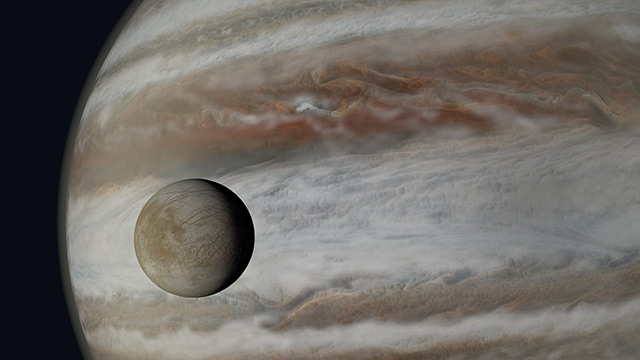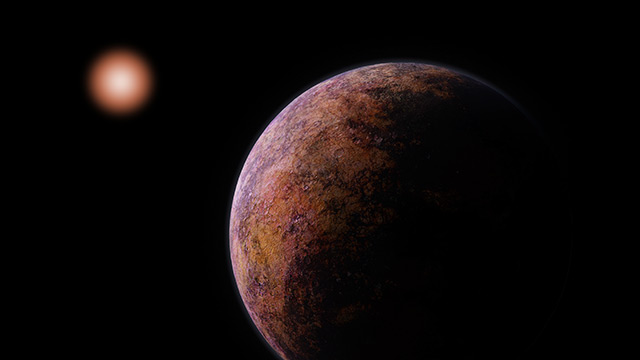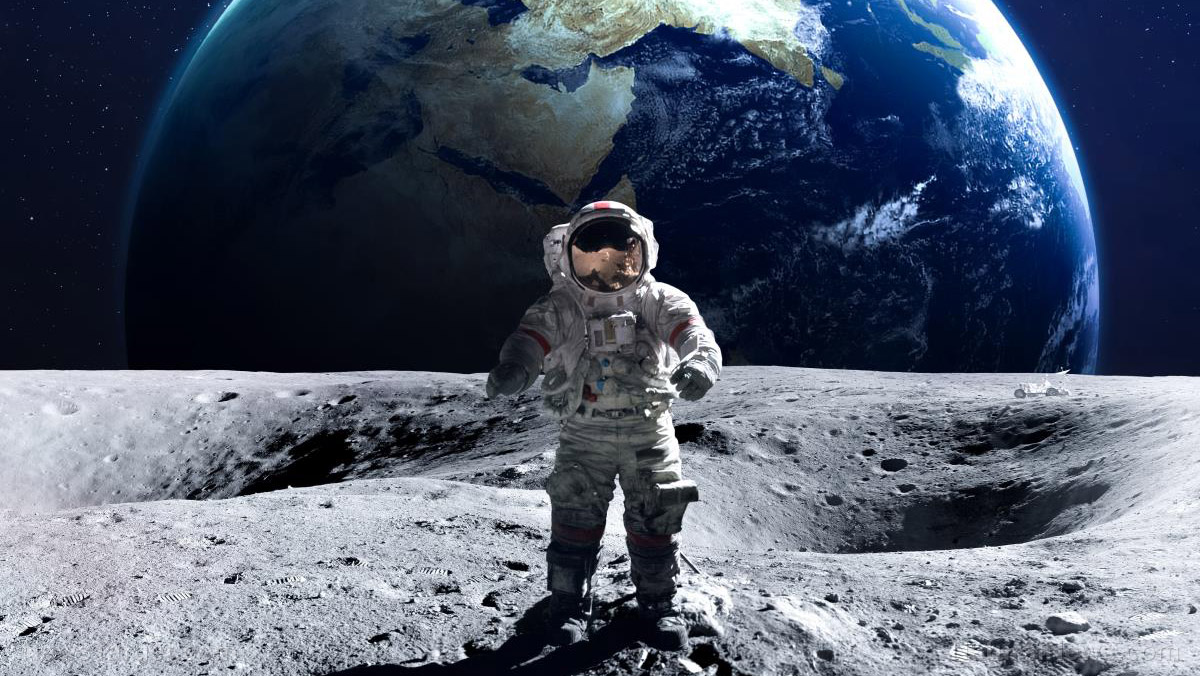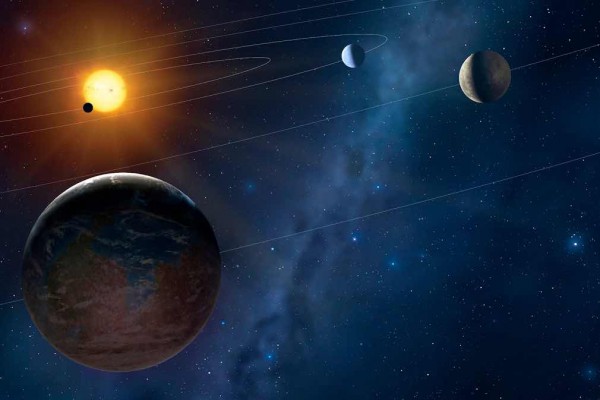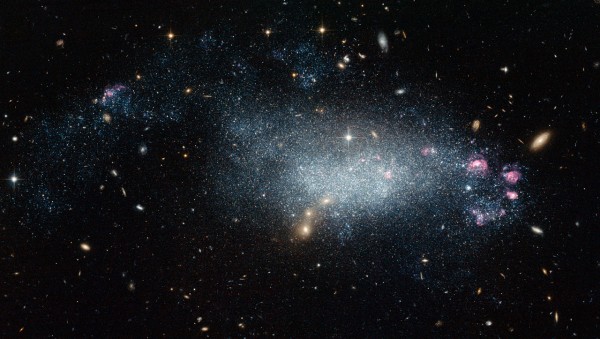President Barack Obama signed a space mining legislation into law Wednesday, which gives U.S. space companies the right to mine and sell whatever materials they cultivate from astronomical bodies, whether it be the moon, Mars or asteroids. While the passing of the law triggered widespread celebration among various space firms, many experts question whether the legislation is legal.
Mining asteroids for their materials used to be limited to the world of science fiction. In 2001, scientists developed super-strong carbon nanotubes, which are 30 times stronger than the tensile strength of steal, explains Douglas Mulhall in his book Our Molecular Future: How Nanotechnology Robotics Genetics and Artificial Intelligence Will Transform Our World.(1)
This material could be used to be build space elevators that launch rockets into space at unprecedented heights, which would be twenty thousand times cheaper than launching rockets from the ground. Consequently, this technology has opened the door to asteroid mining, interplanetary exploration and trade.(2)
Kick starting a terrestrial gold rush
The signing of the law could kick start an extraterrestrial gold rush fueled by private aeronautics industries. The US Commercial Space Launch Competitiveness Act of 2015 states that “any materials American individuals or companies find on an asteroid or the moon is theirs to keep and do with as they please.”(3)
Among the many space industries that lauded the space act was Eric Anderson, co-founder and co-chairperson of Planetary Resources, who called the law “the single greatest recognition of property rights in history.”
Despite widespread adulation of the space act, lawyers and experts have expressed potential conflict between the bill and the Outer Space Treaty of 1967, which declares, “states shall avoid harmful contamination of space and celestial bodies,” and that astronomical bodies and space in general are “not subject to national appropriation by claim of sovereignty, by means of use or occupation, or by any other means.”(2)
By contrast, the space act breaks company with the idea that space should be shared by everyone on Earth in order to advance scientific knowledge, and that investors can profit from their efforts under U.S. law. Nevertheless, the law does not grant private firms the right to own astronomical bodies; only the materials they cultivate from those astronomical bodies and bring back to Earth.
Colonizing the solar system
Others experts, like Dr. Gbenga Oduntan of University of Kent, press that leaving our biological stamp on other astronomical bodies throughout the solar system could ruin humanity’s chance of discovering alien, microbial life in our neck of the woods.With the recent passing of the space law, the number of states with their own space mining programs is expected to grow.(2)
“That means that the pristine conditions of the cradle of nature from which our own Earth was born may become irrevocably altered forever – making it harder to trace how we came into being,” Oduntan wrote in Space Daily. He went on to explain that mining minerals in space could exacerbate damage to the environment around the Earth, eventually leading to conflicts over resources.
While space mining is not currently within humanity’s capacity, Oduntan speculates it will be a reality within a decade. According to NASA officials, there are about 1,500 asteroids that are easily within Earth’s reach, ten percent of which may have valuable mineral resources.(3)
Proponents of the bill argue that there is nothing particularly wrong or illegal with the space mining law, and that space mining is not the same as appropriation. The U.S. House Committee on Science, Space and Technology, for example, denied that the bill defies any of its international duties.
According to Planetary Resources, an asteroid mining company, the first space prospecting missions could be a reality by 2017, and extracting minerals could begin by 2020.
Sources include:
(1) Mulhall, Douglas. Our Molecular Future: How Nanotechnology Robotics Genetics and Artificial Intelligence Will Transform Our World. (Prometheus Books. NY. 2002.)
(2) TechTimes.com
(3) Phys.org

